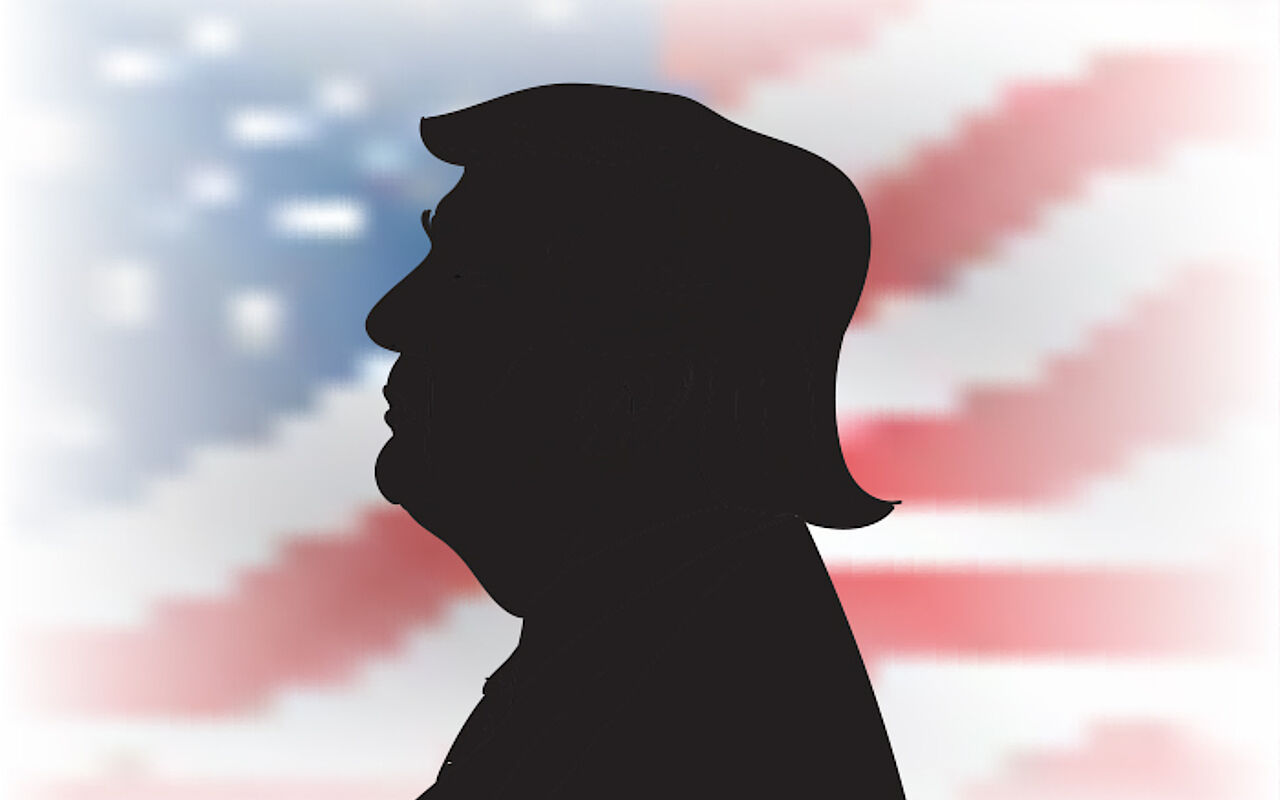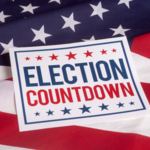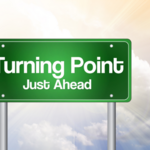Today we are presenting an excerpt of Lea Wagner's Facharbeit discussing the relationship between President Trump and the media in the United States. Ms. Wagner won a prize from the Atlantic Academy for her work. Her advisor for this paper was Mr. Axel Spiekermann, Konrad-Adenauer Gymnasium Westerburg. We hope to present more work by students on our blog as well as opinions that challenge how we think about certain aspects of the United States.
By Lea Wagner
"The study of the relationship between Donald Trump and the media in the USA results in the insight that, on the one hand, Trump’s attacks against the legitimacy of the media is incompatible with the freedom of press declared in the US Constitution. On the other hand, the findings of the critical examination of the media coverage and interaction during the election campaign strongly indicate that the majority of media organisations did not report objectively. In fact, despite a few right-wing news sources, most renowned journalistic institutions share liberal-left and progressive values which determine the way how certain issues are presented by the media. In particular, when it comes to topics regarding identities and society, like multiculturalism, races, equality and forms of political correctness, college-graduated journalists whose education has been characterized by these postmodern principles have different views than certain social groups.
Conservative-thinking Americans born in the United States whose values characterized by a national patriotism are neglected by the media perceive Trump as a personality rejecting political correctness and standing up for the traditional white American worker. While the media had already lost touch to many citizens and was accused of being partisan, its on-going subjective coverage of Trump even worsened its reputation. As an effect, the correlation between politics, media and democracy was disturbed because the media - which is in charge of assuring the citizens’ ability to make informed political decisions - did not fulfil its duty accurately anymore. As the population’s trust in its coverage is the basic legitimacy of the media, its position has been shaken. Another major factor changing the relation between the government and the press is Donald Trump’s use of Twitter for political announcements, which relocated the place of political discourse to some extent from newspapers to social media.
To conclude, one can say that Trump’s candidacy was not the origin of the current discrepancy between the media and parts of society. Instead, Trump should rather be seen as a figure giving a voice to the anger of conservatives but also protest voters rejecting the prescribed values of major media organisations. Although journalists acted appropriately when underlining Trump’s controversial views which partly threatened modern democratic values; their essential mistake was only attempting to convince people of Trump and his views being completely inacceptable, while neglecting the fact that a significant part of the American society identified themselves with Trump’s views. This part of the society made a considerable contribution towards Trump’s – from the media’s perspective - ‘unexpected’ victory. The investigated relational conflict will to this extent play a role in the future as it is for now uncertain how it will develop during the rest of and after Trump’s presidency, as well as if and how the media will be able to re-stabilize its position."








